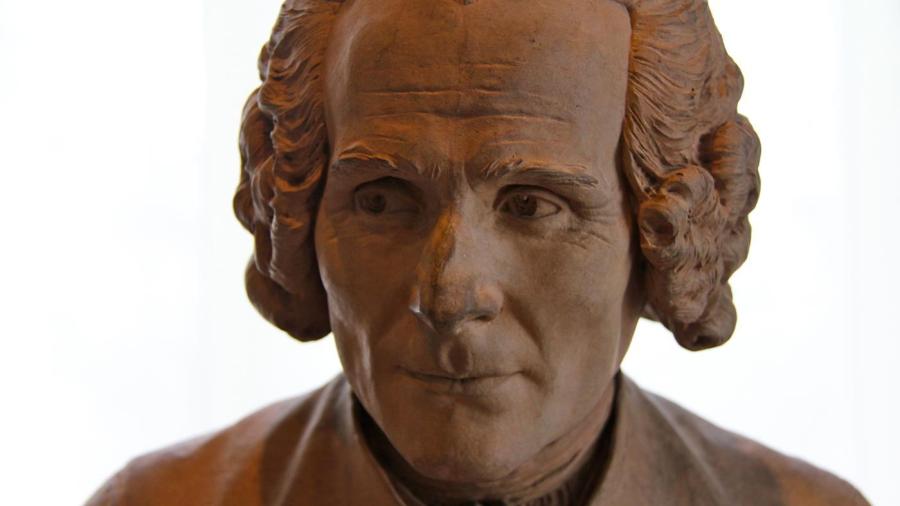What Was the Philosophy of Jean-Jacques Rousseau?

The philosophy of Jean-Jacques Rousseau encompassed an array of theories relating to political philosophy and moral psychology, particularly as they concerned human freedom. His philosophy idealized humans in a state of nature uncorrupted by society and with complete physical freedom. Recognizing a return to the natural state as impossible in modern society, Rousseau conducted philosophical explorations to identify ways to be as free as possible within given constraints.
Under Rousseau’s idealized social contract, free and equal humans trade their individual rights for civil rights. They voluntarily agree to come together and by unanimous consent to its authority create a civil society, a new sovereign body dedicated to the general will that acts in the interests of the good of all.
Humans became alienated from their natural state through dependence, economic and social inequalities and the extent to which people judge themselves through comparisons with others.
In Rousseau’s political philosophy, inequality is unnatural and largely a product of artificial needs. To Rousseau, the advent of private property was a pivotal turning point in the decline from a state of nature, and he believed all humans possessed a natural goodness but were corrupted by society.
He advocated for a form of education that emphasized development of children’s natural capacities.





